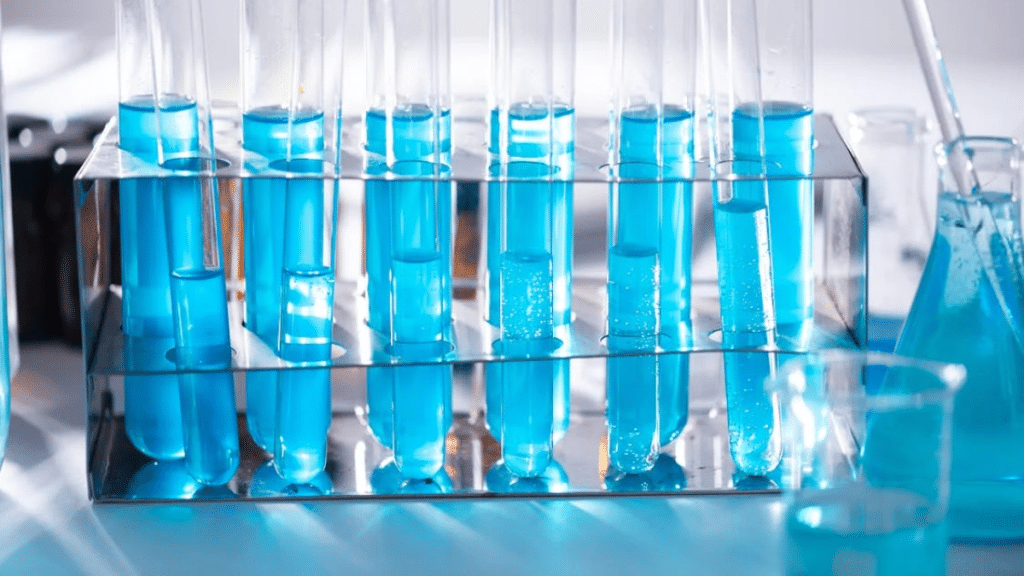Accuracy is more than a technical requirement in liquid measurement- it is an essential foundation in many industries. Ensuring accurate measurements in healthcare diagnostics, food manufacturing, and energy distribution is vital for safety, regulatory compliance, efficiency, and innovation. As technology develops, so does the need for high-accuracy measurement devices. Here is why accuracy in liquid measurement is important.
1. Healthcare Diagnostics
In clinical laboratories and hospitals, accuracy in liquid measurement is essential because even a small error can result in inaccurate diagnostics. Think about how laboratory reagents, blood volume, or patient medications are measured. If the volume is not right, you risk omitting or compromising critical data and influencing treatment decisions.
Medical laboratories have a responsibility to adhere to international measurement accuracy and quality assurance standards. They include measurement requirements with regard to laboratory measurements such as calibration and traceability.
2. Food and Beverage Industry
The food industry is tightly controlled for quality and food safety. Ingredients, additives, and preservatives must be measured very precisely for stability and safety. In fast-growing sectors, accurate liquid measurements provide clear product differentiation and innovation. They support exact formulations and micro-dosing of nutraceuticals.
Organizations like the FDA or EFSA expect accurate and consistent measurements to guarantee consumer and regulatory safety.
3. Drug Manufacturing
Accurate measurements are critical in drug manufacturing. Variations in liquid ingredients could alter the effectiveness of the drug or add harmful side effects. Good Manufacturing Practices call for strict documentation and process validation. They are often done over several advanced metering systems where every drop counts.
4. Energy and Utilities
There are very few sectors that rely on liquid measurement as much as oil and gas and water utilities: The accuracy of the liquid measurement process has direct implications on billing and distribution efficiency, as well as environmental compliance. Even a 1% error in flow measurement could cost millions of dollars in lost revenues or overcharges. Misreporting oil volumes or water usage can result in a breach of environmental regulations.
Liquid flow measurement sensors have revolutionized the way fluid movement is monitored. They use a variety of technologies to monitor fluid movement with accuracy.
5. Technology Supporting Liquid Measurement Precision
Various technologies have helped support precision in liquid measurement. Here are a few of them:
Advanced Metering Solutions
Liquid measurement today has been enhanced by many smart metering and flow measurement technologies, including:
- Ultrasonic Flow Meters-Use sound waves to determine flow rates without system contact, allowing the benefits of sterile and highly precise measurement
- Coriolis Flow Meters- These devices measure mass flow and density accurately regardless of what is in the liquid.
- Electro-magnetic Flow Meters- Electro-magnetic flow meters are typically associated with water and wastewater systems. They rely on the conductive quality of liquids for accurate measurement.
IoT and Real-Time Monitoring
Using Internet of Things (IoT) sensors allows real-time transmission of data, remote calibration, and predictive maintenance. When deploying technologies in large-scale industrial applications, it is important to access data in real-time. This is especially important in situations where errors can make a significant difference
Calibration and Global Standards
Metrology standards such as those from the International Organization of Legal Metrology (OIML) and the National Institute of Standards and Technology (NIST) outline the governing international protocols and procedures necessary to ensure applications and implementations made across organizations and industries are calibrated appropriately for consistent measurement.
Endnote
Accurate liquid measurement is not just about the perfection of technology; it is a reality. Inaccurate measurements can have extensive consequences including: administering an inappropriate dose of medication to a developing child, compromising food safety, or billing customers for millions of gallons of water. New metering technologies and new standards can increase accuracy, resulting in safety, productivity, and innovation.
